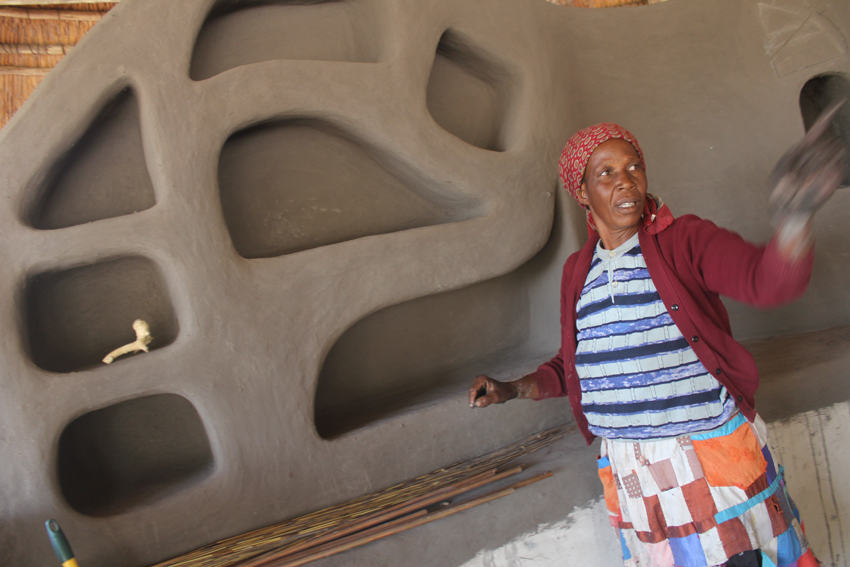Gwaraga a biodiversity jewel
21 Sep 2020
It is undeniable that 2020 has not been an easy year due to COVID-19 pandemic, so going somewhere to unwind and even connect with nature could be bliss.
Little unknown Gwaraga Game Park could come in handy for such.
Located along the Makgadikgadi National Park, the picturesque natural beauty is filled with a wide range of flora and fauna.
Gwaraga Game Park, owned by Khumaga Trust, is just 220 kms away from Letlhakane and also sits alongside Boteti River.
The park is home to a beautiful range of diverse vegetation and wild animals, as the seasonal migration of Wildebeests and Zebras ends here.
Animals migrate from the Okavango Delta, Savuti up to Nxai Pan and arrive in Boteti during the winter season.
Narrating the story of this beauty and the plan to conserve it for tourism, the trust chairman, Mr Lister Baitse said in a recent interview that the animals remained in Boteti until November and December.
When the pans dry they travel back following the same Nxai Pan route.
The animals are known to travel about 580 kms which makes the migration the second largest in Africa after the Masai Mara in Kenya and Serengeti in Tanzania.
Makgadikgadi is well known for the migration, which normally involves about 20 000 zebras and 10 000 wildebeests.
The area also has also been experiencing a large number of elephant movements, as there are more male elephants than females. They spend two to three weeks in Boteti and then travel back to Chobe.
The area is termed as a hiking spot for elephants and the community has identified the area as an opportunity for tourism business. The village trust owns 704 hectares alongside the river and has leased out 700 hectares for a period of 15 years.
The lessee has already established a lodge by building executive mud houses overlooking the river and the spot where animals could easily be identified. The area has been leased on a rental fee of P24 000 per month with an increment of five per cent annually.
The lodge has created job opportunities for the locals as women are the ones building traditional mud houses.
On the other hand, National Empowerment Fund funded the locals at a tune of P500 000 which they intend to use for building a modified cultural village in the remaining four hectares of land.
Construction has already kick-started at the site for a cultural village which would provide accommodation and it is at foundation level.
The aim is to build traditional roundavels for accommodation and would be plastered to resemble traditional huts. The lodge is anticipated to have five rooms and a kgotla wall.
The history has it that people lived there years ago, hence these are grave sites, and has been identified as the best place that could depict the tradition and culture of Khumaga residents.
Activities that would be provided include entertainment and also display of local, traditional food and craftwork.
Folklore story tellers on the traditions of Khumaga are expected to enrich the experience of tourists.
Basobeya and Bayeyi are known to have resided in the area as evidenced by their graves and rubble from old buildings in the area.
There would also be days on which guests would be taken to the nearest cattle post to showcase and demonstrate how milking, skin tanning and ploughing is done as well as learning how livestock is taken care of.
Game drives and canoeing will be offered to tourists visiting the area. Ends
Source : BOPA
Author : Thandy Tebogo
Location : KHUMAGA
Event : Interview
Date : 21 Sep 2020






